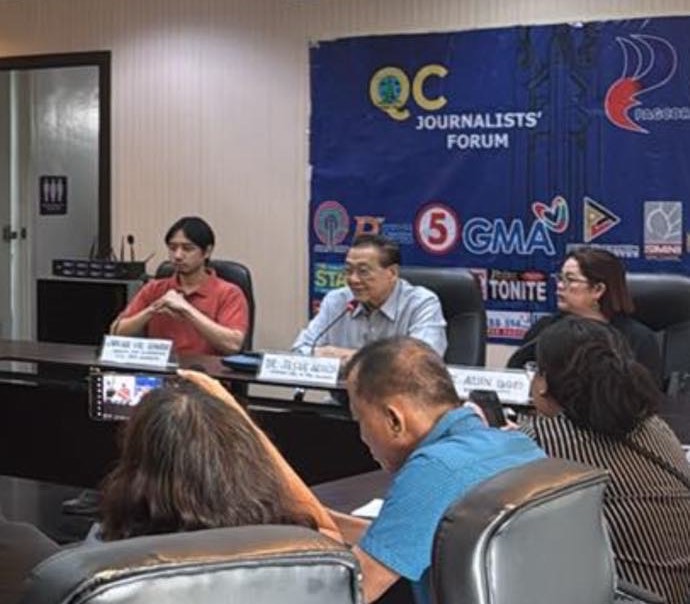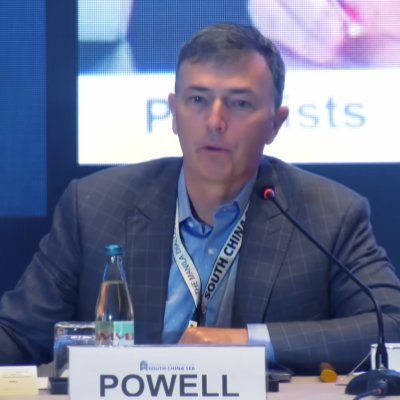Domestic manufacturers are appealing to government regulators to take more proactive steps to ensure the country will be protected from the foreseen deluge of substandard imported products.
They said unscrupulous Chinese traders look for markets with weak enforcement regimes where they can dump their products to recover losses from the trade impasse between China and the US.
Dr. Jesus Arranza, chairman of the Federation of Philippine Industries (FPI), particularly asked the Bureau of Product Standards (BPS) and the Food and Drug Administration (FDA) to intensify the inspection and testing of Chinese-made products, some of which have records of failing to pass the Philippine and international standards.
Arranza cited the case of automotive batteries coming from China.
In a raid conducted by the joint operatives of the National Bureau of Investigation and Department of Trade and Industry (DTI), close to P100 million worth of automotive batteries were seized at a warehouse in Quezon City for having no imported commodity clearance (ICC), which is a requirement before imported products could be sold in the market.
The FPI also asked the Philippine Association of Battery Manufacturers (PABMA) to conduct laboratory testing of two Chinese automotive battery brands — namely Oursun and Superstart — that are now being sold locally after securing ICC.
Laboratory test results showed that both batteries failed in three critical parameters under international quality standards: the Ampere Hour Test, Cold Cranking Ampere, and Heavy Load Endurance Test.
Also, the posts of these batteries melted after being subjected to a simulation of cranking and discharging at a temperature of 40 degrees.
“So in the case of automotive batteries alone, we have discovered two things— there are batteries in the market that have no ICC, which is illegal per se, and there are batteries that have secured ICC despite being substandard in quality. Automotive batteries are critical because there are about 38 million vehicles in the Philippines. These substandard products could just explode or catch fire anytime,” Arranza said, noting that even netizens have been posting on social media their experience with exploding imported batteries.
He said the FPI is ready to work with the government in the intensified campaign against substandard products to protect the Filipino consumers.
Some laboratory testing groups that are accredited or recognized by the government are members of the FPI, he said.
“Our first line of defense against these substandard products are the FDA and BPS, so we are appealing to them to heighten their monitoring and testing of imported products. The Bureau of Internal Revenue can come in later by looking at the income and tax declarations of the unscrupulous importers,” Arranza said.
He also asked the FDA and BPS to launch an information drive to educate Filipino consumers about the dangers of substandard products and their negative impact on the economy and local manufacturers.
“Yes, these substandard products are cheaper. However, their quality is very poor that they will definitely not last long, and you are also putting your lives in danger when you use them,” Arranza said









